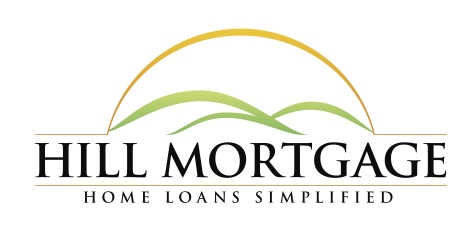THE REAL ESTATE INVESTOR
Mortgages for Rental Housing
It is hard for a CFP to admit, as I do, that I am a real estate millionaire and not a stock millionaire.
Leveraged investing grew my wealth faster than the S&P 500 in nine out of ten years and it was not because I was brilliant at picking properties, negotiating deals, or managing tenants—though I successfully kept rents flowing and bills paid timely so I would qualify for further credit. Persistence and ability to save trump degrees and expertise in real estate at introductory levels.

Most realty investors start with loans as even that first down payment on rental housing was challenging. For a fifty thousand dollar down payment, I bought a $200,000 house in Ben Lomond. Its value rose and two years later, I could borrow enough to partner on a $300,000 house in Boulder Creek which later sold for $450,000 and to buy a condo in Sunnyvale with my wife. I knew construction well enough to repair and improve properties, I leveraged other people’s capital and they leveraged my time and talent in construction and tax work. This is how realty works in combination with partners and lenders.
The lesser game of landlording is cash flow from collecting rents and maintaining properties. You must pay mortgage, tax and gas bills and plumbers’ charges, learn landlord laws and screen tenants to avoid those who will pay nothing and give legal headaches to prevent evictions which may well be necessary. The tax benefits of depreciation are considerable and landlords may be able to legally enjoy positive cash flow from properties which show losses to the IRS.
The greater game of landlording comes straight from the mortgage broker. Daring entrepreneurs may buy homes in disrepair with construction or hard money loans and attempt to quickly fix and flip for profits. Long term investors become landlords to maintain cash flow as they wait for leveraged investments to increase in value faster than interest on the portion of the house they financed. If you bought rental housing, as I did, at 5% and it rose in value by 8%, then my $50,000 investment saw compounded gains of about $40,000 on $200,000 in four years minus about $16,000 interest. Interest payments remain flat but principal decreases and capital gains expand exponentially.

Your lender remains with you throughout the mortgage cycle.
If you sell a house, you pay off loans but may buy new housing with loans and may need tax expertise. 1031 exchanges let you exchange one rental property for another. You should consult with a tax expert, a financial planner and a 1031 exchange company for these proceedings and you may need a new loan on the new property. If you die, your children may get your property with a stepped-up tax basis.
Low supply and high demand explain pricing: rapid industrial expansion with high salaries impacts housing while zoning ordinances limit new construction. Building codes increase safety and energy efficiency at the price of affordability while environmental regulations drive up the price of lumber and transportation gas. 2023 Septic regulations drive buyers and sellers apart with point-of-sale inspections, delays and possible $80k additions to home purchases. Rent controls stronger than the Tenant Protection Act of 2019 may discourage repairs and stifle construction of new rental housing. I love open spaces for hiking as much as anyone, and don’t really want six story buildings and dangerous houses raised on windy Scenic Drive, but regulations that protect my guilty pleasures harm renters and homeless.
“Ninety percent of all millionaires become so through owning real estate. More money has been made in real estate than in all industrial investments combined. The wise young man or wage earner of today invests his money in real estate.”
-Andrew Carnegie
Get in Touch
Schedule a free mortgage consultation related to your life plans.

Mortgages offered through Hill Mortgage
NMLS# 309812/2134092
DRE# 01332532/02142750

Carpe Diem Mortgage
NMLS #2565162
DRE #01214571


